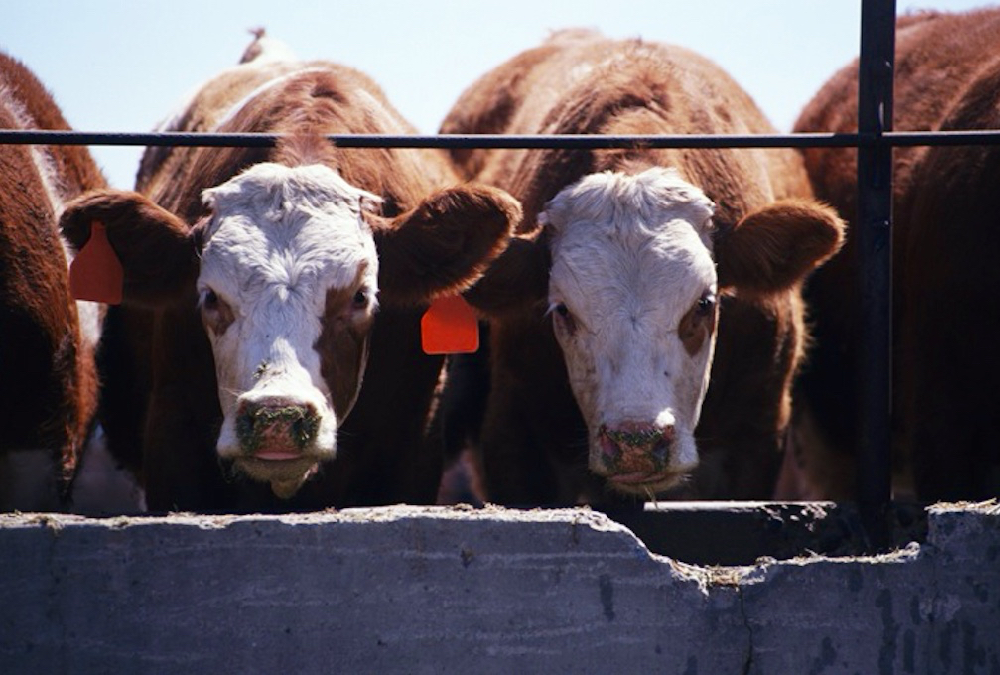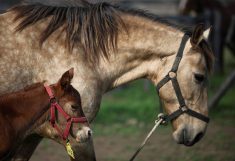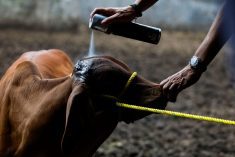A horse in Ontario’s Simcoe County is recovering after being diagnosed with eastern equine encephalitis.
The Ontario agriculture ministry said today that the 11-year-old gelding suffered acute onset of depression and fever, as well as neurological signs. The horse had an incomplete vaccination history and had not travelled outside Canada.
Horses on the same property are all fully vaccinated and not showing any signs of the disease.
Dr. Janet Alsop, a ministry veterinarian, said EEE is typically quite severe and the mortality rate is high. In this case, the horse may have been vaccinated in the past ,which helped it survive.
Read Also

U.S. livestock: Profit-taking pressures cattle futures
Cattle futures on the Chicago Mercantile Exchange were weaker on Friday, with chart-based positioning a feature as the market continued…
She said EEE was first found in Ontario in 1938 and sporadic cases have occurred since then.
It can cause severe disease in humans, including permanent brain damage or death, but no human cases of EEE have ever been reported in Ontario.
It can also kill birds and dogs.
“It’s always a concern to public health,” she said, referring to the ministry’s decision to issue a news release and notify veterinarians.
EEE is considered more severe than western equine encephalitis. Symptoms include circling, head-pressing and convulsions, which could also indicate other diseases such as rabies, West Nile Virus and lead poisoning.
Public health officials in the province are surveying mosquitoes for EEE and West Nile Virus. Birds are the natural hosts for both diseases, and mosquitoes are the vectors after they bite infected birds.
No mosquitoes have tested positive in Ontario this year.
There were no confirmed cases of EEE in horses last year. In 2011, there were four confirmed and one probable equine cases and an outbreak in pheasants.















